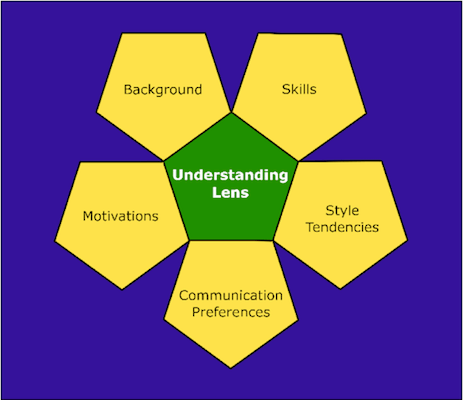Recently, I was part of an open discussion entitled “Leading Generational Differences.” This was a topic the group generated during a leadership forum a colleague and I were conducting. With all the attention being given to this topic by authors, researchers, and speakers, it seemed like a valuable use of our time.Recently, I was part of an open discussion entitled “Leading Generational Differences.” This was a topic the group generated during a leadership forum a colleague and I were conducting. With all the attention being given to this topic by authors, researchers, and speakers, it seemed like a valuable use of our time.
At the end of the open dialogue, two big thoughts emerged in my mind.
- Spending time focused on generational differences is a waste of time.
- Spending time understanding the specific people you are leading is a very valuable use of time.
Let me spend just a moment on point number one. For some reason, people like to label other people. We quickly put people into a category. Then, when we see people in this category, we immediately judge them. “Oh, I know your type. You’re a ____________.” Also, most of these labels are not positive. The current group to bash is called Millennials. I am sorry, Millennials, (whoever you are) for the misled labeling. The reason focusing on generational differences is a waste of time is because we have wrong data. Every person is unique and wonderfully made with countless nuances. Thinking we know someone because a conference speaker outlines the three to five distinctions of a generation is poor logic.
This leads to my second thought. If you want to know how to lead someone, spend time understanding that unique person. Respect is a word that shows up in many leadership conversations I have had with people over the years. I define respect as “giving special attention to someone.” If we are giving special attention, we are actively putting on what I will call the “Understanding Lens.” There are various ways to focus the Understanding Lens. Five of them are background, skills, motivations, personality style, and communication preferences.
- Background – What are the stories of this person’s life that define them?
- Skills – What skills does this person have, want, and need?
- Motivations – What motivates this person?
- Style Tendencies – What are this person’s tendencies when interacting with others?
- Communication Preferences – How does this person prefer to communicate?
To sum it up, stop labeling and start knowing.




